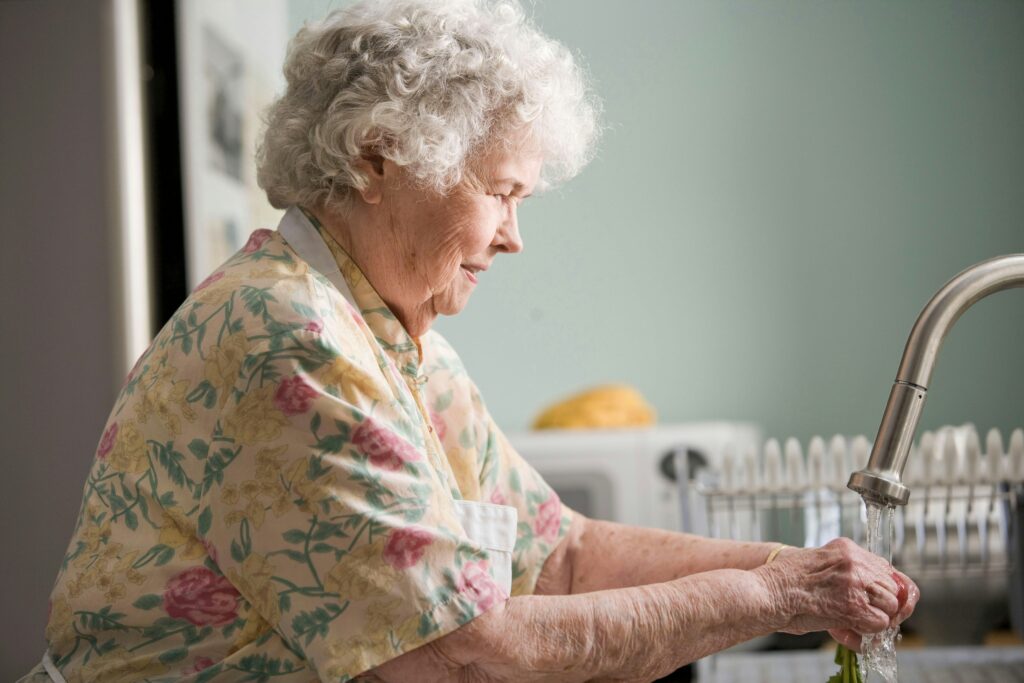Living independently is one of the major issues that trouble seniors greatly. And you might wonder why? It’s because seniors fall into the category of vulnerable persons, together with children who must be looked after. For seniors, there are way too many risks involved, especially when it comes to their health. Thus, there is a need for close monitoring using medical care alert systems.
These devices are designed using superior technology to detect medical emergencies like chest pain, difficulty in breathing, falls, and disorientation and raise the alarm. Then, through a two-way communication system, an alert is sent to an emergency response center so that you can get the help you need.
The result is that the gap between life-threatening delays and emergency help is bridged. This article will walk you through five ways in which medical alert systems are important in emergencies, especially for seniors.
1. Immediate Access to Help
In an emergency, every second counts. Have you ever thought about how long it takes to reach a phone when you’re distressed?
Now, think of a senior who, despite their advanced age, has mobility issues; reaching for the phone and calling for help is a challenge. For this reason, you’ll find that devices like Life Assure medical care alert devices come with wearable options like pendants or wristbands with emergency buttons.
These buttons are kept well within reach of the senior so that, in an instance of an emergency, all they would have to do is push the button, and in a snap, before they know it, they are through with a 24/7 monitoring center which will hasten to attend to the situation.
Besides, this technology saves you from having to shout for help. As a matter of fact, don’t even bank on shouting for help in case of any form of emergency because what are the chances that nobody is around? Plenty.
So, don’t take a gamble and get yourself a Life Assure medical care alert device today, as it secures the pleasure and relief of knowing just how help is only one click away.
2. Round-the-Clock Monitoring
Emergencies don’t follow a schedule. They can strike at any time—early in the morning, late at night, or in the middle of a peaceful afternoon.
It is for this reason that 24/7 monitoring forms one of the important features of a medical alert system. Unlike dependence on a family member or neighbor, who may not always be there, these systems offer constant and reliable monitoring.
You might wonder, “What happens after the emergency button is pressed?” Once activated, trained professionals at the monitoring center assess the situation and contact the appropriate responders-whether that be emergency medical services, a family member, or a neighbor.
This is continuously available and offers peace of mind not only to the seniors alone but also to their loved ones. Wouldn’t you be more at ease knowing that help is just a call away?
3. Fall Detection Technology
Among the most common yet dangerous emergencies concerning seniors has something to do with falls. You see, according to the CDC, one out of every four falls involves a senior each year.
Worse, many of those falls cause serious injury or even death. That is where the real strength of medical alert devices with fall detection technology lies.
These devices incorporate sensors that detect sudden movements or impacts of a fall. In case the sensor detects a fall, the system automatically sends an alert, even when the senior gets knocked unconscious or is otherwise unable to push the button.
This can be lifesaving when the timing of intervention is crucial. Such is the transition from worry to safety with the use of such technology. Does this sound like a second thought to you about how important these appliances are?
4. Facilitating Independence
In this respect, the insecurity of losing freedom can be linked with aging. How does one balance the want of freedom with safety? A medical care alert system proves to be the perfect solution.
The devices allow them to provide a safety net such that seniors can stay in their homes without necessarily being looked after. Imagine how it would feel, knowing that even if no one was around, you were safe. Families can also have a sigh of relief knowing that their loved ones have a dependable safety system.
Also, these devices will make seniors more active, too, knowing that help would come if needed. Is that not a better way to live?
5. GPS Tracking and Location Services
Emergencies don’t happen at home only. What if a senior gets lost when going for a walk or falls medically ill when running an errand?
That is where GPS-enabled medical alert systems come in. These allow caregivers or monitoring centers to track the location of the senior in real-time, thus helping resources reach the elderly wherever they are.
Have you ever heard about a senior getting lost because of confusion or conditions like dementia? The anxiety and danger in those situations are huge.
GPS tracking not only helps in finding them quickly, but it also gives a sense of assurance to the families that their loved ones can be found if an emergency arises. Isn’t it astounding how technology can bring such reassurance?
Conclusion
Medical alert systems and devices are so much more than just devices-they are lifelines. They offer instant access to assistance, around-the-clock monitoring, the detection of falls, facilitation toward independence, and even GPS location tracking.
The New Jersey Digest is a new jersey magazine that has chronicled daily life in the Garden State for over 10 years.


